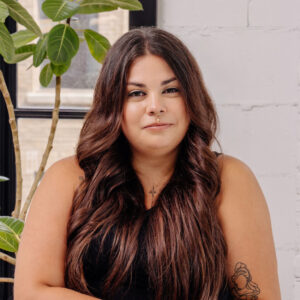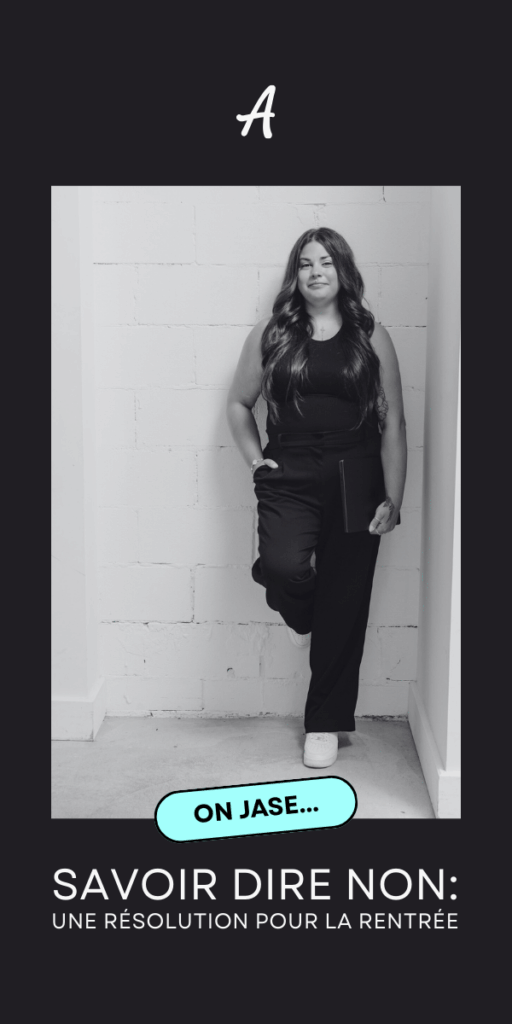The start of a new school year is often an opportunity to start afresh, to review the way we do things, to adopt new, healthier habits, or to regain control of our time and energy.
At Alexem Studio, we’ve long tended to say yes to everything. Because there are so many opportunities and interesting projects, but also for fear of disappointing or appearing rude. Over time, however, we’ve come to realize that knowing how to say no is far from being a defect! It’s a real asset, both in our professional and personal lives.
Why is it so hard to say no?
In our society, we value availability, versatility and flexibility. Saying no can be seen as a lack of openness, a rejection, a sign of selfishness or weakness. The result is acceptance, accumulation and exhaustion.
The most common causes?
- Fear of disappointing or damaging a professional relationship
- Imposter syndrome (the urge to prove you’re capable)
- Financial stress
- The automatic reflex to please
In friendship, in love and in our professional lives, we feel the pressure to always be present to enhance our image, but in the long term, this avoidance mechanism catches up with us and can have major consequences.
The risks of always saying yes
Refusing to set limits can lead to :
- Mental and physical overload
- Loss of motivation and enjoyment of work
- A drop in quality (and therefore credibility)
- Strained relations with customers or colleagues, because we can no longer deliver to their expectations
So learning to say no also means protecting yourself so that you can continue to offer the best of yourself.
Saying no is a skill
There isn’t just one kind of “no”. More importantly, there are many ways to say it.
- The clear no: without unnecessary justification, when it’s a definitive no.
- No with alternative: we refuse, but direct you to another resource or option.
- Unconditional: we’re open, but under certain conditions (time, budget, etc.).
- The benevolent no: formulated with respect and openness, without closing the door to other opportunities.
Saying no doesn’t mean closing doors. It means learning to recognize your limits, to value your time and to respect your priorities. It’s about being clear, self-assured and professional. A well-expressed and justified no can never be misunderstood!
A practice we adopt, a posture we assume
At Alexem, we’re (still) learning to say no. It didn’t happen by shouting “scissors”, and it’s not always easy. But every day we see the benefits of this posture.
Whether it’s choosing our mandates more carefully or setting clear standards from the outset about what we can and can’t do, we work with more heart, more alignment, more creative freedom. And that’s reflected in our energy, in our projects, in our work atmosphere.
We sincerely encourage you to do the same. Because saying no is also a way of saying yes: to your true priorities, to your values, to what really nourishes you.

